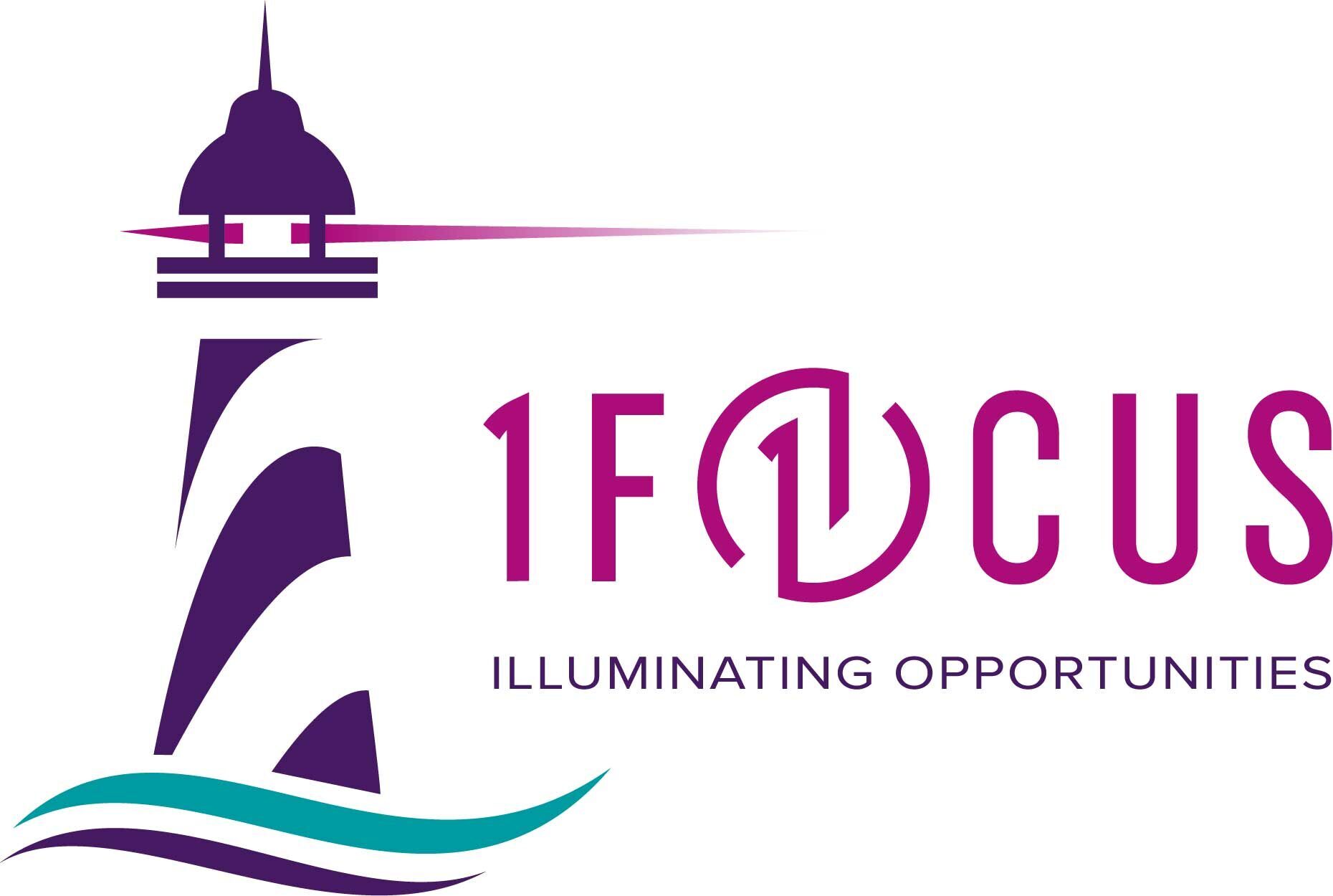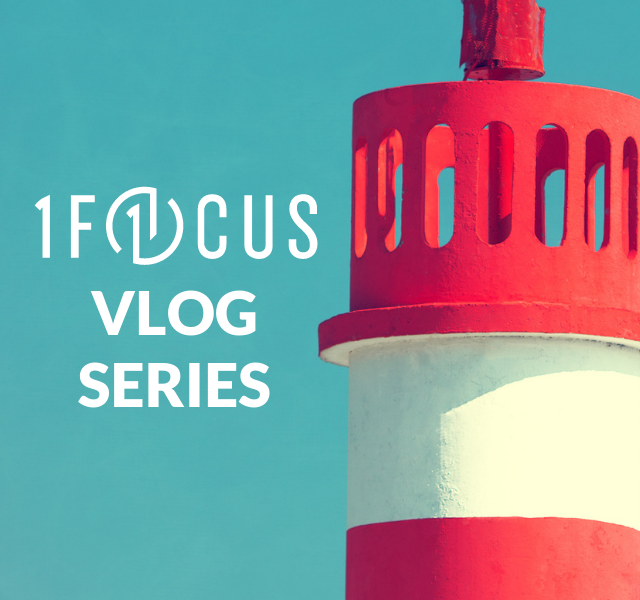In our prior update & video we talked about 3 things any organization can do today to increase resiliency in their work space through better communication.
We posted another video and today we’re going to go deeper on 1-on-1’s and give you some tangible guidance you can implement. 1-on-1’s are a fundamental building block to building brutally candid but psychologically safe work spaces which is a key component to enhanced resiliency. We want to start here.
Here’s 3 actions you can take today to start.
Frist, well, start. Start having 1-on-1’s if you’re not. I would say a great many organizations don’t do 1-on-1’s or at least do them as a replacement for or supplement to status reports.
That’s not what they’re for. These sessions are for HOW not WHAT. How is your team member, your contributor, doing. These are opportunities for you, as a leader, to build rapport and trust. It’s also an opportunity for vulnerability and authenticity with your team. When you break down stiff, hierarchical boundaries, you’re breaking down barriers to transparent, honest conversations.
See where this leads to?
Second, try to keep them to at most 30 minutes and have them at a consistent time and day of the week. Look, emergencies happen, we all know this, but this is one of those activities that has to be a consistent focal point for your leaders and contributors. Aim for 98% consistency across a twelve month period. Again, you’re trying to build that trust that leads to clear communications.
Remember, while it’s ok to get personal – respect professional boundaries and know when you’re touching areas you don’t have expertise on. Nothing empowers a conversation more than for one party to say “I don’t know, but let’s find out…” No one can know all things at all times and have all the answers. We’re here to remove stress, not add to it.
Third – take notes! And follow-up! Regardless of who makes the commitment, the next time you meet, start there and follow-up. What you’re doing is not only showing you remembered, but also building in some strong accountability to go along with that transparency. That establishes the pattern of what we’re setting up.
These sessions, done consistently, are what builds up those critical connections of trust, on which any kind of relationship is built. That trust leads to clearer communication, which reinforces those relationships. When the next crisis hits, the focus will be on coming together and persevering in a way that is mutually beneficial and accountable. This is when, we say, fires end up putting themselves out because they don’t get a chance to consume the tinder and oxygen and grow.
Take a look at our video and start your 1-on-1’s or let us know what changes you’ll make based on these tips. We would be really curious to find out how this works out for you!


 What Does Your Work Space Communication Look like?
What Does Your Work Space Communication Look like?
